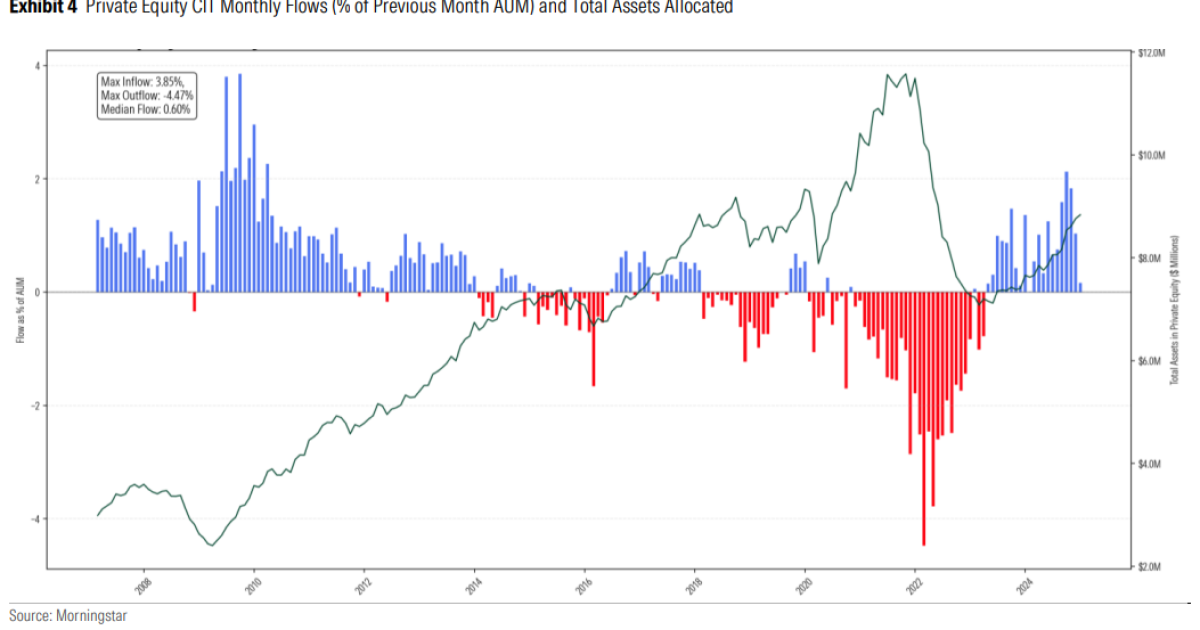Affordable housing was supposed to offer stability, dignity, and a basic right to shelter. But in many parts of the country, residents of public housing are quietly trading their privacy for a roof over their heads. While surveillance technology is often justified as a tool for safety and security, it has rapidly evolved into something far more invasive, creating an environment where residents feel watched, scrutinized, and increasingly powerless in their own homes.
Unlike private renters or homeowners who can challenge or opt out of certain intrusions, public housing tenants often have no choice. If they want to keep their housing, they’re expected to comply with rules that would be considered unacceptable in any other living situation. Surveillance cameras, inspections, and even digital monitoring have become the norm, not the exception.
And the worst part? It’s happening with little public debate.
Why Privacy No Longer Exists in Public Housing
Surveillance Under the Guise of Safety
The rise in cameras, sensors, and monitoring systems is often presented as a crime deterrent. Housing authorities argue that surveillance discourages drug activity, vandalism, or violence, and in high-risk areas, that may hold some truth. But there’s a fine line between protecting residents and policing them.
In many public housing complexes, surveillance cameras don’t just monitor entrances or shared spaces—they’re pointed toward individual units, courtyards, and even balconies. Some properties use motion sensors in hallways. Others install license plate readers at parking lot entrances. Residents have reported drones flying overhead and microphones installed in outdoor common areas. The message is clear: You’re being watched at all times.
This level of oversight, particularly when it’s not applied to residents of private housing, effectively strips away a sense of autonomy. It reinforces the stigma that low-income individuals must be monitored, managed, or controlled, as if receiving housing assistance makes you automatically suspect.
Inspections That Border on Invasion
Routine inspections are a standard part of any rental agreement. But in public housing, these “inspections” can feel more like surprise raids than scheduled check-ins. Many residents report frequent and unannounced visits by housing authority staff, who are permitted to enter for reasons ranging from maintenance checks to “wellness” visits, even when tenants have made no complaints.
Unlike in private housing, where landlords must provide 24-hour written notice in most states, public housing tenants often waive these rights in their lease agreements. And because eviction can happen swiftly if tenants are deemed “uncooperative,” many residents feel unable to question or deny access, even when visits feel unnecessary or invasive.
For tenants who are elderly, disabled, or dealing with trauma, the constant possibility of someone entering their space can feel dehumanizing.
Smart Tech in “Smart Housing” Isn’t Always Voluntary
In recent years, public housing developments have begun incorporating so-called “smart” technology: Wi-Fi-enabled thermostats, door locks, and appliance monitors. On paper, these features are supposed to reduce utility costs and help housing authorities improve maintenance. In practice, they can turn private homes into digital glass houses.
Some housing authorities now collect data on when doors are opened, when heating is turned on or off, and how much water or electricity a household uses. In some pilot programs, this data has been used to flag “suspicious behavior” or noncompliance with lease rules, like housing an unregistered guest or using too much power.
The result? Tenants feel pressure to monitor every move inside their own homes, lest they trip a digital red flag that leads to scrutiny or even eviction.
Few of these programs come with opt-out options, and many tenants aren’t even fully aware of the extent of monitoring until after installation. If you live in public housing, your private behaviors—how late you stay up, who visits, how many showers you take—may no longer be private at all.

Criminalizing Poverty Through Constant Monitoring
When affluent neighborhoods install surveillance, it’s seen as proactive. When it happens in public housing, it too often reinforces a dangerous assumption: that poor people are inherently untrustworthy.
This surveillance culture doesn’t just invade privacy. It criminalizes poverty itself. Tenants have been penalized for letting family members stay over too long, for decorating their porches, for having noise complaints that weren’t fully investigated. In some cases, housing authorities have used video footage to accuse tenants of lease violations that led to eviction, even when no criminal charges were filed.
Being poor shouldn’t mean giving up your right to live with dignity. But in public housing, every action is potentially a violation, and every visit from a friend might be interpreted as fraud.
The Emotional Toll of Being Watched
Living under constant surveillance affects more than just logistics. It affects mental health. Residents report anxiety, stress, sleep disruption, and a deep sense of being “othered.” Kids grow up in environments where privacy doesn’t exist. Seniors feel like they’re being babysat. Single parents feel judged, and disabled residents feel scrutinized for behaviors that might be misunderstood.
Public housing should offer relief, not more stress. But the current culture of surveillance creates a setting where people must perform compliance just to avoid trouble. It’s exhausting. And it’s unjust.
When Privacy Is a Privilege, Not a Right
Perhaps the most troubling part of this growing surveillance is that it’s unevenly applied. Private homeowners, even those in gated communities, aren’t subject to the same level of oversight. Middle-class renters don’t have to explain every visitor or submit to unexpected home checks. But public housing tenants are expected to give up the basic privacy that others take for granted—all for the “privilege” of having a roof over their heads. That’s not housing security. That’s conditional shelter with strings attached.
The legal gray areas that allow this level of monitoring to flourish often rely on the fact that many tenants are unlikely to fight back. Few have legal representation. Many fear retaliation. And with affordable housing in such short supply, they’re terrified of rocking the boat—even if they know their rights are being violated.
Public Housing Shouldn’t Mean Public Exposure
Privacy shouldn’t be a luxury reserved for the wealthy. But in today’s public housing landscape, it’s quickly becoming just that. The same surveillance tools marketed as “smart” or “safe” are quietly eroding personal freedoms, turning homes into monitored zones, and reinforcing damaging narratives about poverty and trust.
We need a serious conversation about what security really means and who gets to have it without sacrificing their dignity.
Have you or someone you know lived in public housing with these kinds of surveillance measures? What did it feel like, and how did it impact daily life?
Red More:
The Baby Boomer Housing Crisis: Why Seniors Are Downsizing Too Late
Nation’s Housing Crisis Easing But Not Over


























